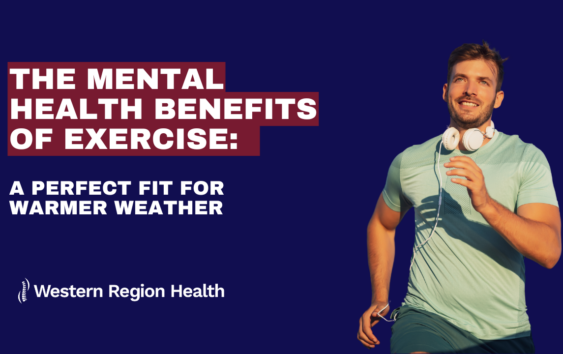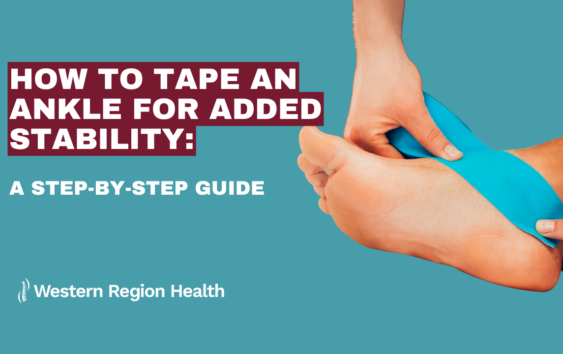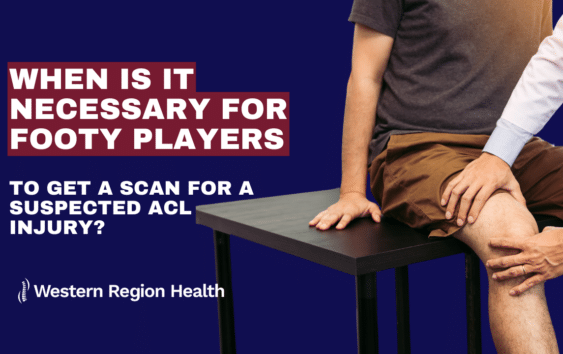General | October 31, 2020
Reducing Tension Whilst Breastfeeding
By Dr Kelly Coppola (Dulic) (osteopath) B.App.Sci (comp med) B.H.Sci
If you have children or are pregnant for the first time, chances are you are well informed of how beneficial breastfeeding is for your baby. In many cases, it is a process that can be difficult to well establish. In fact the literature shows that it can take up to 6 weeks to effectively learn how to breast feed.
We often hear about pain associated with feeding, mostly relating to the breast or nipple. But another culprit is our musculoskeletal system, commonly the neck or back. There are a number of causes as to why mums can experience neck or back pain whilst breast feeding, and this is due to the fact that a variety of new tasks are being undertaken when caring for babies.
To reduce strain or tension on your muscles, it is important to identify any potential mistakes that are being made. Some common contributors include:
- Poor posture whilst feeding
- Staying in the one position for a prolonged period of time
- Pre-existing injury
- Fatigue or general stresses that can tighten muscles up.
If poor posture seems to be the issue, when in the sitting position ensure your feet are touching the floor (or use a footstool) and your back is straight and supported with pillows. You can also use a pillow to help raise your baby if needed, this way your arms won’t be taking the whole weight (and as we know after a little while, they sure can get heavy).
Or have a go feeding while lying down (again supporting your back with a pillow and one for in between the knees), this is especially good for night feeds as you can rest too.
It is also important to keep mobile through movement or exercise, and regularly stretch ensuring to target the affected regions. You can also try using a heat pack as this can aid in reducing symptoms.
Regardless of the cause of pain, it is important to address it to make the experience for yourself and baby a more pleasurable one. An assessment with one of our osteopaths can help identify the cause of pain and can work out an appropriate treatment and management plan to reduce any muscular or joint related pain or tightness.
References
(1). www.rch.org.au/kidsinfo/fact_sheets/Breastfeeding/
(2). www.breastfeeding.asn.au/bfinfo/musculoskeletal-causes-breast-pain


